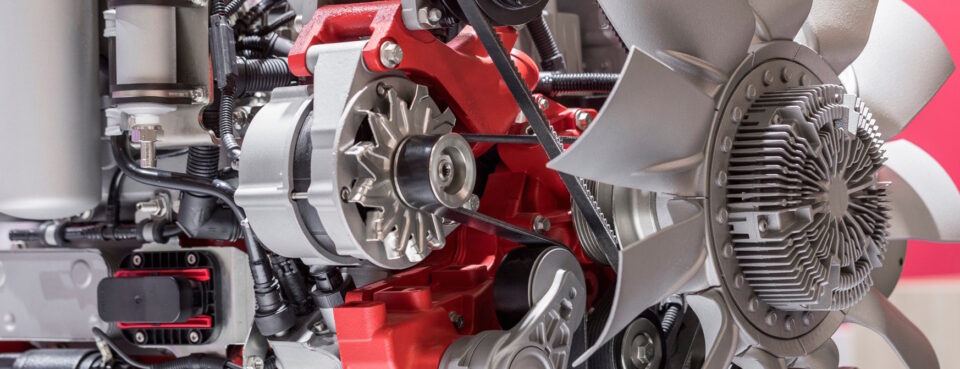Choosing between diesel engines and petrol engines is a crucial decision, impacting performance, efficiency, and operational expenses. Diesel motors, despite their higher initial investment, consistently demonstrate superior benefits compared to petrol engines. Here’s a snapshot of why diesel motors often surpass petrol engines.
Enhanced Power
Diesel motors deliver greater torque (pulling power) at lower RPMs than petrol engines, making them ideal for heavy-duty tasks that involve moving large loads or operating machinery. The high torque output of diesel engines enables them to tackle demanding jobs more efficiently. This is why DEUTZ diesel engines are favoured by leading global and ANZ partners for powering hydraulic pumps, stationary equipment, construction, and agricultural machinery due to their exceptional performance.
Durability and Longevity
Diesel engines are engineered to endure tough conditions and heavy loads, making them more robust and dependable. They are constructed with stronger materials designed to handle high compression and intense workloads. This durability translates into a longer lifespan, reducing the frequency of expensive repairs and replacements. In industries where reliability is essential, the extended longevity of diesel engines provides a clear advantage.
Cost-Effective Over Time
Although diesel engines come with a higher upfront cost, they are more economical in the long term. Their superior fuel efficiency results in lower fuel expenses, and their durability means less frequent maintenance and repair costs. Furthermore, diesel engines generally have better resale values because of their longevity, which helps to offset the initial investment.
Lower Maintenance Requirements
Diesel engines generally require less maintenance as they have fewer components. This simpler design leads to fewer parts that can break or require repair, making them easier and more cost-effective to maintain.
Superior Fuel Efficiency
Diesel engines are renowned for their fuel efficiency. Operating on a compression-ignition system, they achieve a higher compression ratio compared to petrol engines, extracting more energy from the fuel. This efficiency translates into better fuel economy, which is particularly beneficial for industries where engines run for long periods. Reduced fuel consumption results in significant cost savings over time, especially in sectors like transportation, construction, and agriculture.
Environmental Benefits
Modern diesel engines have made notable progress in reducing emissions. Technologies such as DEUTZ Exhaust After-Treatment (EAT) have improved diesel engines to meet stringent environmental standards. DEUTZ ETA, for instance, reduces nitrogen oxide emissions and keeps engines running cleaner. Furthermore, diesel engines emit less CO2 per kilometre due to their higher efficiency. Advances like diesel particulate filters and selective catalytic reduction systems also help lessen their environmental impact.
DEUTZ engines that comply with EU Stage IV and V emission standards are also compatible with hydrogenated vegetable oil (HVO), offering a sustainable alternative to traditional fossil fuels.
Overall, diesel engines provide unmatched benefits in terms of efficiency, durability, power output, and cost-effectiveness. These advantages make them the preferred choice for various industrial applications, ensuring reliability and performance that petrol engines struggle to match.


